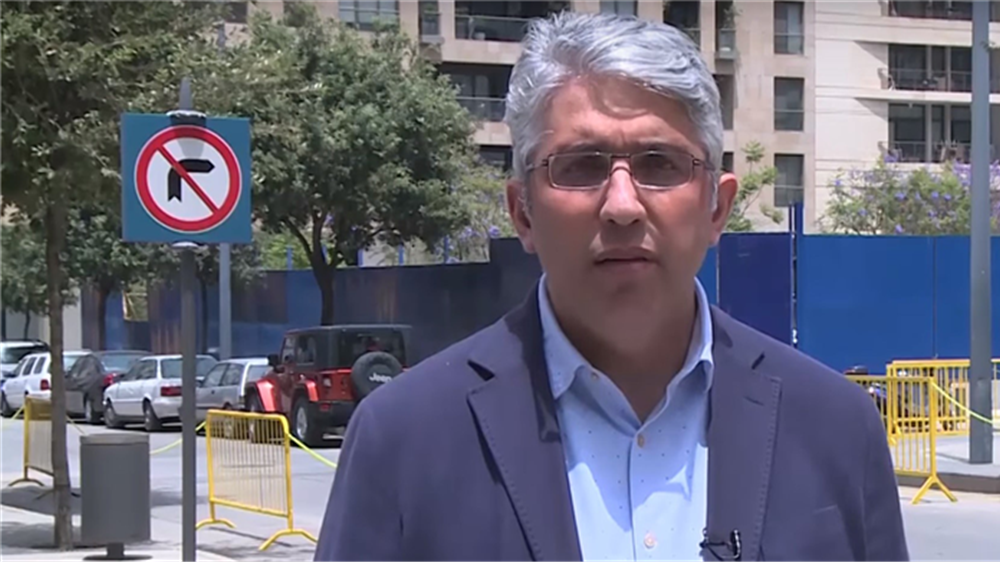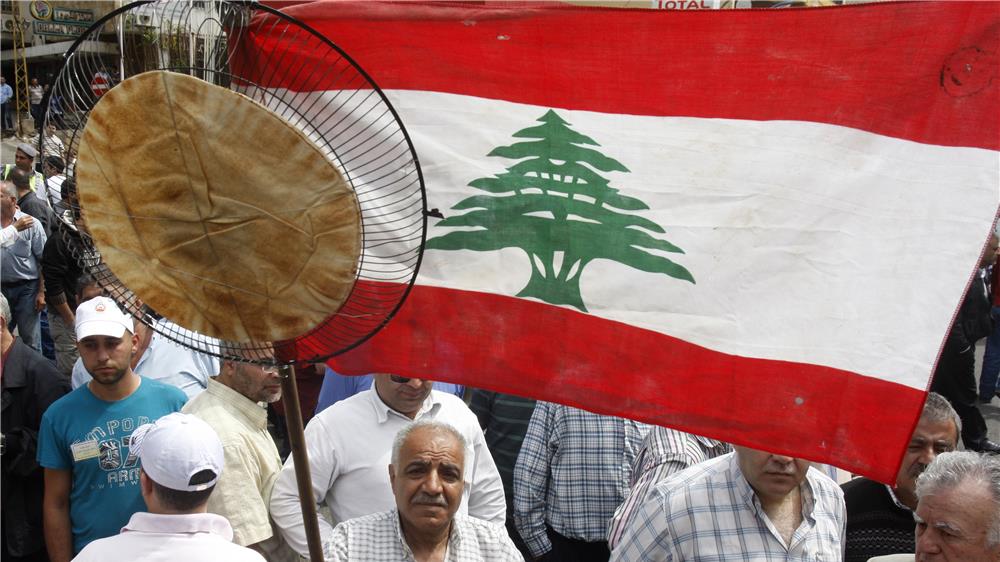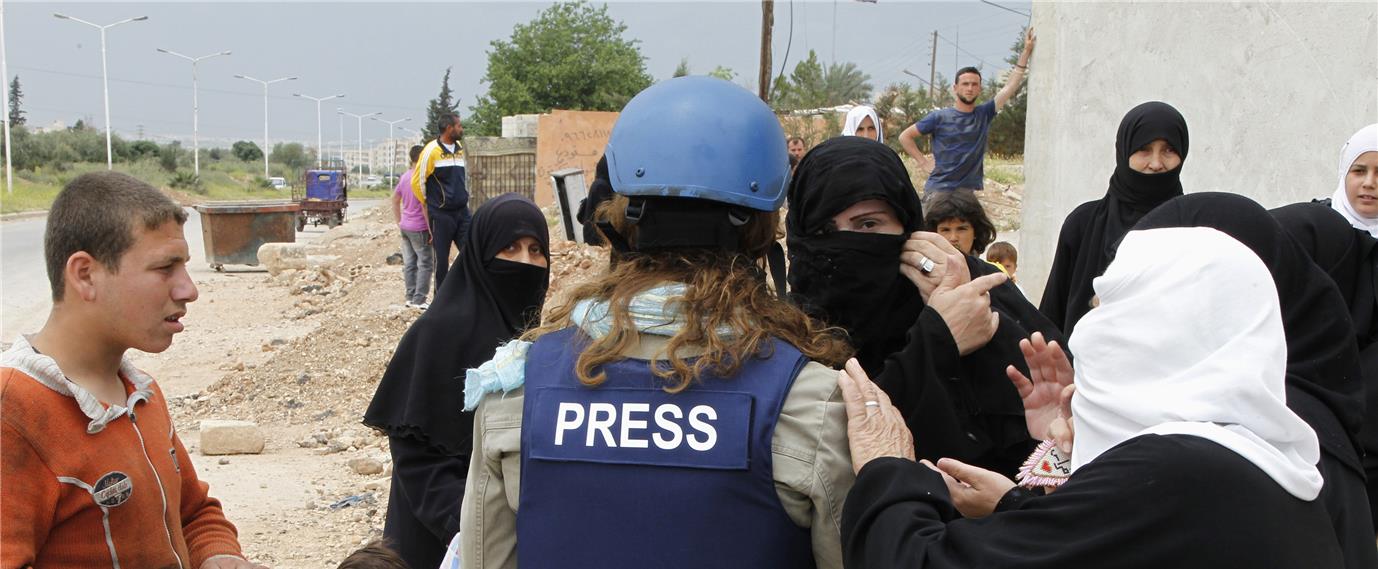يفقد قطاع الإعلام في العالم العربي يوما بعد يوم، الكثيرَ من وهجه ورونقه وتأثيره في محيطه، لأنه لم يعد يحترم إلى حد كبير المتلقي الفردي والجماعي، ويستسهل عملية إعداد المواد الإخبارية ويقدّمها بعيداً عن القالب الميداني المهني والموضوعي الجذاب، الذي يلبي شغف المتلقّي وحقه في أن يُعلم.
من حيث المبدأ، ترفد الصحافة الميدانية غرف الأخبار بالجزء الأوفر من المواد الحديثة لمؤسسات الشبكات الإعلامية الكبرى، ويشكل المراسلون عصبها الأساسي، ومصدرها الأكثر مصداقية للمشاهد، فعين المراسل هي التي ترصد الحدث وحيثياته وخلفياته وأبعاده، والأهم من ذلك أثره على الإنسان.

غير أن ما يجري على الأرض، أي الميدان بلغة الصحفيين، مغاير تماماً لما يفترض أن يكون عليه الحال، فمعظمهم يجلسون وراء مكاتبهم -على قاعدة "البيروقراطية" القاتلة حكماً لهذه المهنة- "يرصدون" وسط ملل ورتابة، ما يقوله الناطقون الرسميون باسم أجهزة الدولة والمنظمات على اختلاف تسمياتها.
أما واقع الأمر فيفترض عكس ذلك تماماً، فمثلا عند تغطية ميدانية لتظاهرة ما، لا تكون الأولوية لمن تحدث عنها سلبا أو إيجاباً، أو من يؤيدها أو يعارضها، إنما المهم الإشارة إلى عدد المتظاهرين وشعاراتهم في قضية معيشية، لأن ملامسة المراسل لحقيقة القضية لا تكون بملازمة غرفة الأخبار وانتظار تصريحات المعنيين ورأي الحكومة ليبني تقريرا يقول فيه "تظاهر المئات مطالبين بكذا وردت الحكومة بالموقف كذا".
من الطبيعي أن تأتي مقدمة الخبر روتينية بمعنى أنها تستوفي الأجوبة عن الأسئلة البديهية، بأن تظاهر المئات أو الآلاف للمطالبة برفع الأجور، لكن الأهم ابتعاد التقرير الميداني عن التعميم الدائم وانتقاله إلى التخصيص. فرواية قصة متظاهر فقد منزله ومدرسة أبنائه بسبب تراجع قيمة راتبه، هو جوهر القضية الإنسانية لتراجع قيمة الأجور، وهذه الزاوية لا يمكن قياسها بالمراقبة من بعيد، فنبض القصة يُنقل بمدى الاقتراب منها.

يقول أستاذ الإعلام في الجامعة اللبنانية راغب جابر الذي اختبر العمل الصحفي خلال عقود، إن "الصحفي المكتبي لا يستطيع أن يصنع حكاية من الحدث، بينما المراسل الميداني يمكنه فعل ذلك". ويرى أن مستقبل التغطيات الميدانية هو "للكتابة الانطباعية وحركة الكاميرا التي يجب ألا تصور تصويرا جافا"، لافتا إلى أن التغطية التقليدية "لم تعد جاذبة للمشاهد، وبالتالي أصبح دور الصحفي أكبر، وهو ما يستوجب تدريبا مستمرا"، وكذلك وجود "سقف حرية مرتفع على المؤسسات توفيره لصحفييها الميدانيين".
ويجزم جابر بأن هناك صحفيين أو مراسلين لا يملكون متطلبات الحد الأدنى المطلوب للقيام بتغطيات ميدانية، وأن أخبارهم تؤشر على "سياسات تحرير مقررة سلفا، تطبع عملهم إرضاءً لمؤسساتهم فيفقدون جزءا من حريتهم"، وهذه سمة عامة للصحافة أو للإعلام العربي، يضاف إليها أزمة بنيوية مالية في الإعلام العربي فرضت على المؤسسات الإعلامية "الابتعاد عن توظيف الكفاءات المهنية والاكتفاء بتوظيف مراسلين غير متمرسين برواتب قليلة".
مخاطر الميدان
يُجمع كثير من الصحفيين، بغض النظر عن سقف الحرية الممنوح لهم أو الراتب الذي يتقاضاه، بأن الخطر الأول على حرية الكلمة ينبع من ميدان العمل، حيث الحروب والاضطرابات خصوصا في المنطقة العربية التي تواجه منذ سنوات أزمات مفتوحة، وصنفتها منظمة "مراسلون بلا حدود" بأنها الأكثر صعوبة وخطورة لممارسة مهنة الصحافة، وفيها -مثل بقية العالم- تصاعد للكراهية تجاه الصحفيين.
وفي مثل هذه الظروف ينبغي أن يكون المراسل صاحب كفاءة وتمرّس في الميدان، ولذلك متطلباتٌ تبدأ بتدريبه على العمل في بيئات مختلفة، بها نسبة مخاطر مرتفعة كتغطية المعارك والاضطرابات الشعبية، وإحاطة تامة بجوانب المهمة المكلف بها من ناحية المعلومات المرتبطة بالحدث أو القصة، ومعرفة طبيعة الأرض والسكان ومن هم المؤثرون فيهم.
وفرضت طبيعة الأحداث على الصحفيين التغطية من جانب واحد، بحكم أن بعض الأطراف في مختلف الدول العربية وضعت قيودا على الصحفيين للعمل على أرضها، ثم رفضت القوى المناوئة لها وجود صحفيين تعتقد أنهم سيقدمون وجهات نظر لا تخدم أجندتهم، مما فرض تحديات على غرف الأخبار للإبقاء على توازن التغطية وفق المتاح أمامها من مصادر.
وأدى ذلك إلى اختلال في توازن التغطية للمراسل الميداني، فمثلا كان غير مسموح لمن غطَّى أخبارا في مناطق المعارضة السورية أن يدخل مناطق النظام، والعكس صحيح، فكان على المراسل تقديم قصته من وجهة نظر واحدة، كما تقول مراسلة الجزيرة الإنجليزية زينة خضر التي تعمل في الميدان منذ عام 1995، لكن على المشاهدين معرفة ذلك من المراسل نفسه الذي عليه "أن يقول ذلك صراحة خلال تغطيته الميدانية وبطريقة لا تثير من يسيطر على الأرض من القوى المتحاربة، لأنه من واجبنا المهني والأخلاقي إبلاغ المشاهدين بذلك".
وتوضح المراسلة زينة ذلك من خلال تجربة لها في سوريا، إذ وجدت نفسها محاطة بمسلحين طلبوا منها تسجيل رسالتها أمام الكاميرا أثناء حضورهم، وفي هذا رقابة واضحة، فقالت "إنني أقدم وجهة نظر هذه الجهة". وفيما اعتبرته أسلوبا مهنيا وذكيا، روت في تفاصيل تقريرها مشاهداتها، وهو تماما ما يجب أن يحصل عند انتداب مؤسسة مراسلا لها للعمل ميدانيا مع أحد الجيوش في معركة ما، وعندها يكون الصحفي محاطا بالمعلومات التي تبثها هذه الجهة فقط، إذ عليه -تقول زينة- أن يعلن ذلك "صراحة لا تورية" بأن الخبر مصدره هذه الجهة فقط، وهو ناقل لروايتها.
وأحيانا يمكن للمراسلين العاملين في بلدان تتيح حرية التحرك، الوصول إلى مواقع الحدث الخطيرة، لكن عليهم مجابهة جمهور أو فئات غاضبة يصنفون المؤسسة التي يعمل بها المراسل في خانة "الجهات غير الصديقة". يقول بسام أبو زيد رئيس نادي الصحافة اللبناني والمراسل الذي عمل لعقود في الميدان، إن الكثير من الزملاء "واجهوا ذلك أثناء تغطيتهم بعض التفجيرات الانتحارية التي وقعت في مناطق مختلفة من لبنان، وهوجموا وطردوا من مكان التغطية، لكن الخطر يكمن في الصيغة التي يُقدم بها الخبر مراعاة لخاطر غاضبين يقفون في محيط المراسل أثناء التغطية المباشرة".
الدخلاء على الميدان
وإذ يشير رئيس نادي الصحافة اللبناني إلى مخاطر مشاركة صحفيين من ذوي الخبرة المحدودة في تغطيات مماثلة، يحذر من إشراك صحفيي المكاتب فيها، فليس "كل من يخرج من المكتب مراسل ميداني، فالمحترفون يدركون أسلوب التحرك وطبيعة الناس والمصادر، أما الصحفي المكتبي فيعتقد أنه سيُستقبل بالتصفيق، والمعلومات في الميدان بعكس الواقع، فقد اعتاد العمل بمادة جاهزة بكل معاييرها تصله إلى مكتبه".
يفاخر زميل يعمل في إحدى وكالات الأنباء الدولية بأن "هاتفه الذكي هو مكتبه الجوال"، ولا حاجة له إلى التواجد في مكتبه الذي قد يكون منزله أو سيارته أو حتى مقهى على قارعة طريق، ففيه كل ما يحتاجه من أرقام اتصال وعناوين بريد إلكتروني ووسائل التواصل الاجتماعي، حتى إن حقيبة صغيرة تحتوي على بعض الثياب موجودة في صندوق سيارته، وجواز سفره ممهور بسمات دخول إلى عدد من الدول المجاورة، وهو أمر بالتأكيد "لا يمكن لصحفي مكتبي أن يملكه في منطقة ملتهبة تستوجب التحرك الدائم".
يروي صحفي آخر اختبر العمل في مؤسسات محلية وعربية، أن مراسلي معظم وسائل الإعلام العربية "لا يحترمون الحد الأدنى من معايير السلامة التي يفرضها العمل الميداني"، ويعود ذلك إلى "تحول صحفيين من المكاتب إلى مراسلين ميدانيين، أو الاستعانة بمراسلين غير أكْفاء، مما يعرض هؤلاء للخطر".
ويشير هذا الصحفي إلى حوادث كثيرة حصلت حول العالم، لكنه لفت إلى أمر وقع في منطقة القاع شمال شرق لبنان حين هاجمت مجموعة من الانتحاريين البلدة، ثم أعقبتها موجة ثانية، فاندفع الصحفيون إلى التغطية المباشرة دون حد أدنى من معايير السلامة.
ويقول إنه كان يشاهد مراسلة ترتدي السترة الواقية للرصاص والشظايا فقط عند حضورها أمام الكاميرا ودون الخوذة، وعندما اشتبهت القوى الأمنية في وجود انتحاري مختبئ اندفعت وراءهم. ويضيف مستغربا أنه عندما سألها عن نوع الدرع وقدرته على حمايتها، لم تعرف، بل تبين له أنه فارغ من الدرع الفولاذي، بمعنى آخر أنها ليست سوى أداة للتأثير في المشاهد.







































